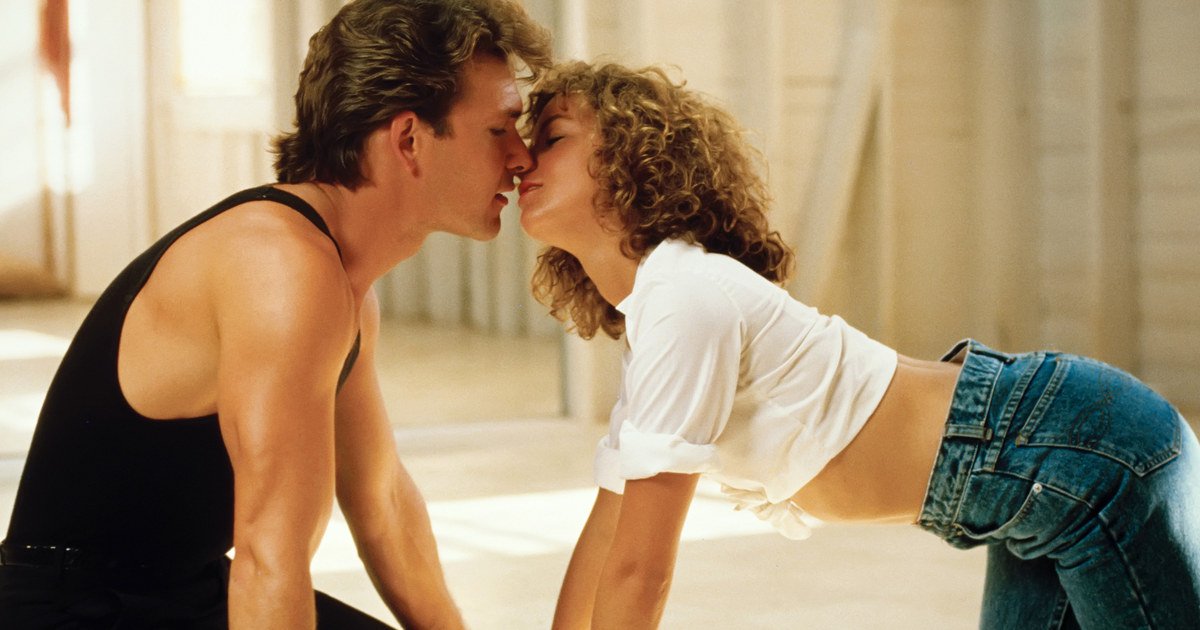From ‘nobody puts Baby in the corner’ to nobody puts women in the corner – Millie Buckingham discusses Dirty Dancing at thirty.
Rejected by every big production company, Dirty Dancing seemed as though it was never set to be a success. Even when it was finally taken on by an independent film company, Great American Films Limited Partnership, in 1987 it was given a budget of only $6 million USD, just a third of the average film budget at the time. Two weeks ago marked the film’s 30th anniversary and during that time the film has become one of the most loved and recreated with its two main characters, Baby (Jennifer Grey) and Johnny Castle (Patrick Swayze), having become two of film’s greatest sweethearts.
The name Dirty Dancing was a dubious title to give the film, seeming somewhat too racy for general viewing but it surpassed any expectation. I remember my Nana, a former ballerina who I thought would love the film, having a look of horror on her face during the opening credits in which characters gyrate to ‘Be My Baby’ by The Ronnettes. Dirty Dancing feels timeless to us but to the generation of Baby’s parents and my Nana, such things were shocking.
Penny’s abortion is the most taboo event in the film, yet its writer, Eleanor Bergstein, was surprised at how few people questioned it simply because they were so shocked by everything else. However, when a company refused to sponsor the film because of the abortion, Bergstein was told it would have to be taken out. She contested that Penny’s abortion was a major factor in the sequence of events and what led Baby to meet Johnny and eventually the scene was kept. Bergstein said that she had to write in Penny’s abortion carefully because ‘so many moral messages end up on the cutting room floor’.
The Guardian’s Hadley Freeman wrote an ode to the film in her article: ‘Why I owe it all to 1980s movies’ in which she quotes Bergstein who ‘rightly thought the best way to deliver a social message was “to present it in a pleasurable way so that the moral lessons would sneak up on people”’. This is reminiscent of Amy Schumer’s ‘Leather Special’ on Netflix in which she jokes that if she wears sexy clothes on stage she can lure people in and then get them to laugh along with her feminist comedy. Perhaps the film itself began this precedent – transcending historical and cultural boundaries and educating audiences through the enticement of sex.
Freeman notes that Baby is a teenage girl discovering sex and, moreover, Dirty Dancing is a film which celebrates female sexuality. There is no judgement, regret or over-thinking involved which is so often the case in films depicting teenage girls. Freeman picks out films like Easy A where the rumour of Olive having ‘done it’ is town gossip and, as a result, she is endlessly slut-shamed. Clueless implies that saving your virginity is classy and when the character of Dionne does have sex it is because her boyfriend is desperate to so she grudgingly gives in.
Freeman also points out how afraid films have become of talking about, let alone advocating, abortions. Despite many women having them, films are failing to reflect how far we have come. Once again Freeman picks out films like Knocked Up which presents two characters who know nothing about each other expecting a baby. One might think that two strangers attempting child rearing together quite irresponsible yet the only characters who suggest an abortion are portrayed as cold-hearted. More recent films like 2014’s ‘Obvious Child’, written and directed by Gillian Robespierre, takes a less problematic approach to abortion in combining truth and comedy. But it is Penny’s being unjudged and portrayed without prejudice that gives Dirty Dancing longevity extending from one century to another. Dirty Dancing was ahead of its time, despite being produced two decades after it is set. While the film was aimed at teenage girls in 1987, the audience they didn’t expect was those girls’ mothers who had been Baby’s age when it was set.
Dirty Dancing is concise, unapologetically sexy and it exposes the gap between the liberal youth of the 60s and their parents. Dirty Dancing therefore is timeless because it speaks truths in a neutral fashion, where women are allowed sexual freedom and relationships of pleasure whilst giving more problematic relationships an equal platform for discussion. It is these truths that speak to generations of women who have watched and fallen in love with the film and whose hearts it will continue to capture for generations to come. Not to mention the soundtrack which will never stop making you want to have Patrick Swayze pull you out of a corner and do ‘the lift’.
Millie Buckingham
(Image courtesy of Movieweb)

